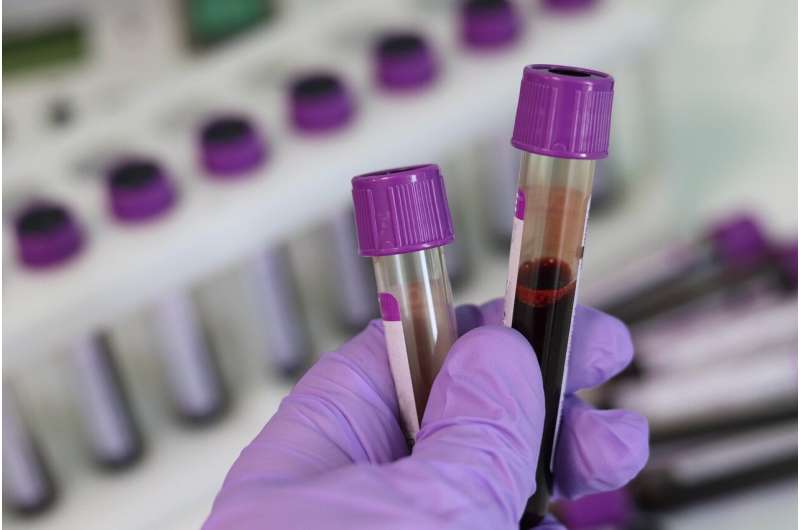Identified Key Genetic Markers Enhancing Compatibility in Blood Stem Cell Transplants

Recent research highlights the critical role of KIR gene system in improving compatibility and success rates in blood stem cell transplants, paving the way for personalized treatment approaches.
Transplantation of hematopoietic stem cells from healthy donors is a promising treatment for various blood cancers, such as leukemia and lymphoma. In Switzerland alone, nearly 300 patients undergo this procedure annually. However, the success rate is hindered by a high incidence of transplant failures, often due to genetic incompatibilities between donors and recipients.
Recent research by the University of Geneva and Geneva University Hospitals has shed light on the genetic factors influencing transplant outcomes. By analyzing the genetic profiles of approximately 1,250 donor-recipient pairs and correlating these with clinical results, scientists have identified the critical role of the KIR gene system in predicting and improving transplant success.
These findings, published in the journal Haematologica, emphasize the importance of incorporating high-resolution gene profiling into the donor selection process. Doing so could optimize compatibility between donor and recipient, ultimately increasing survival chances.
Hematopoietic stem cells, located in the bone marrow, are capable of generating all blood cell types. In blood cancers like leukemia, replacing diseased stem cells with healthy ones can restore normal blood and immune functions.
The process relies heavily on genetic compatibility, particularly involving the HLA system, which guides immune system recognition of healthy versus abnormal or foreign cells. However, other genetic factors, such as KIR receptors on transplanted cells, also play a vital role.
A delicate immune balance determines transplant success. On the one hand, successful reconstitution of blood cells is essential; on the other, controlling immune responses against tumor cells is equally crucial. This balance depends on interactions between HLA molecules and KIR receptors, which can recognize cancer cells and prevent relapse.
The study's novel approach involved detailed genotyping of the KIR genes, revealing genetic parameters that influence outcomes like survival, cancer progression, and adverse immune reactions. The results suggest that selecting donors based not only on HLA compatibility but also on KIR profiles can markedly improve transplant efficacy.
This advancement moves the field toward personalized medicine, whereby high-resolution genetic profiling guides donor selection, even for patients without matching siblings. Leveraging large donor registries with detailed genetic data can enhance the chances of favorable outcomes in stem cell transplantation.
Overall, integrating KIR genotyping into routine pre-transplant assessments is advocated to refine donor selection processes, increase survival rates, and advance personalized treatment strategies in stem cell transplants.
Source: https://medicalxpress.com/news/2025-09-key-genetic-characteristics-compatibility-transplanting.html
Stay Updated with Mia's Feed
Get the latest health & wellness insights delivered straight to your inbox.
Related Articles
Innovative Blood Test Accelerates Diagnosis of Thousands of Rare Genetic Disorders
A new innovative blood test offers rapid and minimally invasive diagnosis for thousands of rare genetic diseases, promising faster treatment and better outcomes for patients worldwide.
'Good' Gut Bacteria Promote Placenta Health and Support Healthy Pregnancy
Discover how beneficial gut bacteria like Bifidobacterium breve influence placental hormone production and support healthy pregnancy outcomes, opening new possibilities for prenatal health interventions.
Genetic Factors Influencing Liver Damage from Chemotherapy in Colorectal Cancer Patients
A groundbreaking study reveals that genetic variations, particularly in the PNPLA3 gene, influence the severity of liver damage after chemotherapy in colorectal cancer patients with liver metastases. Personalized treatment approaches could enhance outcomes and reduce risks.
FDA Approves First Treatment for Rare Mitochondrial Disease Barth Syndrome
The FDA has approved Forzinity, the first treatment for Barth syndrome, a rare mitochondrial disease, highlighting advances in therapy for this life-threatening condition.



